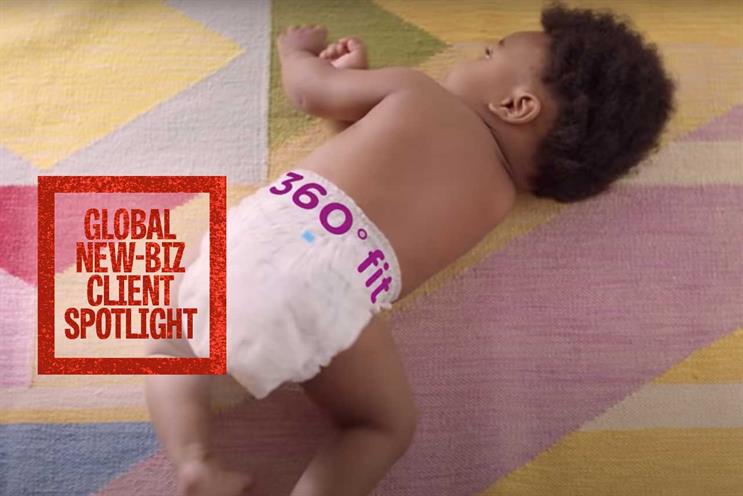
FMCG was by far the most active category in new business globally in June, according to the latest data from ±±ľ©Čüłµpk10’s in partnership with R3.
Retail and media & entertainment also had a very strong month.
Divided into disciplines, retail was very marginally ahead of FMCG in creative reviews, followed by technology, IT & electronics.
FMCG’s overall dominance was led by media, where this sector was significantly ahead of second-placed retail. Finance & insurance was the third most active sector in media.
Method, P&G and more
New-business billings in the FMCG sector totalled $766.6m in June, up from $660.8m a year earlier. However, this was still down from June 2019’s $1bn.
In volume terms, there were 176 account moves versus 235 in June 2020, but up from 169 in June 2019. This suggests that while there was slightly less movement two years earlier, those accounts were more valuable.
On the creative side, independent shops had a good showing. Uncommon Creative Studio picked up the $20m global account for cleaning brand Method, while Code and Theory won an anonymous business covering the US, also worth $20m.
Three $10m briefs also changed hands: Beavertown Brewery chose St Luke’s for the UK, sparkling water company Bubly went with Motive for Canada and baby brand WaterWipes appointed BBDO globally.
In retail, the slightly more active sector when looking at creative reviews only, the top three accounts were all US-based. FCB won Hoka One One trainers ($50m), Code and Theory landed furniture retailer Ashley HomeStore ($40m) and Donor picked up clothing company LL Bean ($40m).
In media reviews, the biggest FMCG move was the $140m US Procter & Gamble baby care account (won by Carat). This was followed by the $42m Australia PepsiCo business (which went to Trio), the $40m North America task for haircare brand Sally Beauty (Spark Foundry) and the $30m US brief for bakery group Hostess (MediaCom).
Spark Foundry also picked up an undisclosed client covering India and Indonesia worth $80m.



.jpg)


.jpg)